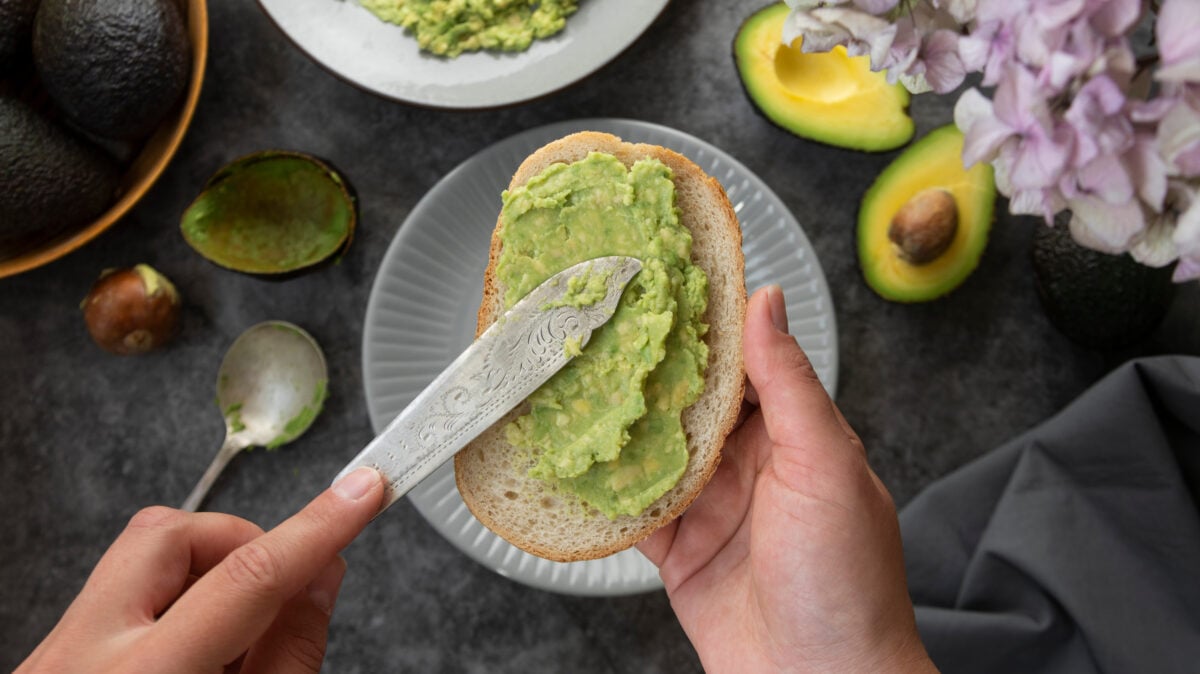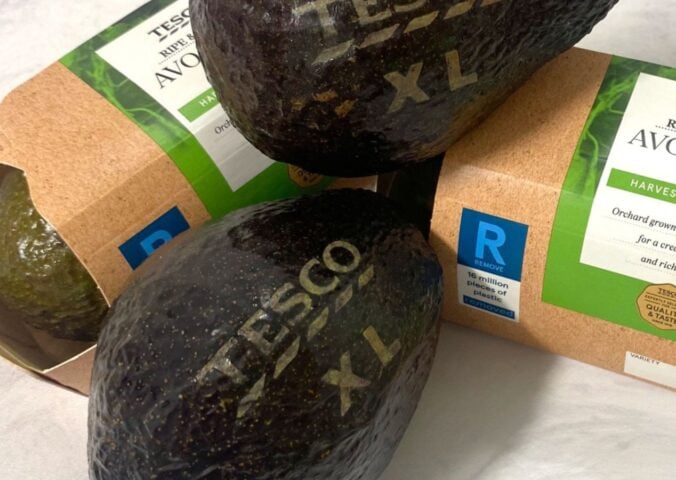Vegans are used to being accused of being “preachy” and that they’re hypocrites for eating avocados. Now, a new study has shown that these arguments against veganism are considered socially acceptable ways to reject meat reduction, even when people know it’s better for the climate.
Read more: Would Changing Vegan Labels Help Meat-Eaters Choose Plant Foods?
In the study, the researchers from the University of Copenhagen documented which arguments participants used while discussing meat consumption. The Danish participants were split into six focus groups. They were mostly meat-eaters, aged between 23 and 63, with variations in educational levels, gender, and geography.
All six focus groups agreed that a key way for people to reduce their diet’s climate impact is eat less meat. But they came up with several justifications for not reducing their own meat consumption or tried to shift the focus onto other problems. “[T]here was a tendency for them to shame avocados as being climate-unfriendly and scold vegans for being extremists,” co-author Associate Professor Kia Ditlevsen from the Department of Food and Resource Economics said in a statement.
There has been plenty of research into the “meat paradox,” which is when people who say they love animals rationalize why they still eat them. Several studies also look into how people are socially conditioned to think eating meat is natural and normal. But the new study looks at how people explain their refusal to eat less meat in social contexts, and which explanations are considered acceptable by others.
Ridiculing vegans

When discussing climate-friendly food choices, focus group participants often rejected veganism for various reasons. In response, others would laugh. “In doing so, they confirm to one another that veganism would be a ridiculous solution,” lead author Thomas A. M. Skelly in a statement. This was despite them having agreed that veganism was the most effective dietary climate action from a range of options. These included eating locally produced food or replacing red meat with poultry meat.
A pattern also emerged of participants describing vegans as “extremists” and hypocrites for eating avocados and “highly processed” foods. Participants discussed how they had heard that these foods are bad for the environment. They framed them as foods exclusively eaten by vegans, but didn’t explain why that would be the case.
According to the authors, this “imagined extreme vegan diet consisting only of highly processed plant-based foods and avocados enables non-vegans to deflect blame.” This is because, having agreed on the climate-friendliness of vegan diets, the meat-eaters ended up positioning themselves as “climate-deviants.” They therefore tried to resolve this by problematizing vegan diets, suggesting that they might not be as good for the climate as they seem.
Read more: Are Avocados Really Not Vegan? The Truth Behind The Claim
“With this notion, the participants confirm to each other that their food practices are not more problematic than food practices among people who have cut out meat entirely – even though the truth is that red meat has a far greater climate footprint than both avocados and vegan products, and vegans do not necessarily eat more avocados or processed products than meat eaters,” said Skelly.
“So, a variety of things are used to excuse or justify [the meat-eaters’] meat consumption,” said Ditlevsen. “[B]ecause otherwise, they would look stupid having already recognized that meat consumption is a major climate culprit. You get hit on the morals. Therefore, one has to – probably unconsciously – reassure themselves of being a morally coherent person.”
“Collective derailment”
Another tactic deployed by the participants was to shift the focus of discussion away from meat as the problem. The researchers describe this as “collective derailment,” as people within a group mutually support the change of focus. This helps “neutralize the immediate threat to the local social order” – in this case, the concept of meat reduction.
Participants would suggest that other things such as food waste and plastic packaging were a significant source of environmental harm. Others would then run with it, with several saying they are personally already cutting down on these things.
“People quickly derail the topic and begin talking about other things, such as how they seek to avoid food waste and plastic packaging,” Ditlevsen said. “Our interpretation is that this is because these things are more culturally neutral and harmless to relate to. No one really has much of an identity attached to plastic disposal. People can envision doing these kinds of things without any great deprivation or personal cost.”
Some attempts at derailment were not successful, however. One participant’s attempt to blame overpopulation of humans instead of meat-eating was rejected by others. Similarly, participants did not pick up a suggestion that eating insects was the most climate-friendly option. The researchers suggest this was because eating insects is “culturally unconventional” in that social context, unlike ridiculing veganism.
Problematizing knowledge
The researchers point out that there was not a lack of knowledge of meat’s climate impacts among participants. Initially most of them understood and agreed that meat was bad for the climate. Only later did they try to downplay or deflect from this. This shows that “this knowledge can be problematized,” said Skelly. “[T]he results demonstrate that it is socially acceptable to problematize it.”
Read more: Are Almonds Really Unethical? The Truth About Their Bad Rep
He added that there is “enough ambiguity in public discourse and the media for people to make these justifications without sounding completely ignorant in social settings.”
Indeed, some sections of the media frequently question veganism’s health and environmental benefits. They often make the kinds of arguments made by the participants in the study. Though the study does not explore the role of the media in influencing such social discourse, clearly it has done so.
The study’s results suggest “a need for authoritative voices who communicate clearly about meat consumption as a climate problem,” the researchers write. In 2023, the Danish government published a “groundbreaking” roadmap towards a more plant-based food system and guidelines for climate-friendly diets. But authorities have not provided “clear communication” about the climate impact of meat. This, say the researchers, is needed to “counter” the contradictory beliefs that “support the legitimacy” of unsustainable status quo diets.






